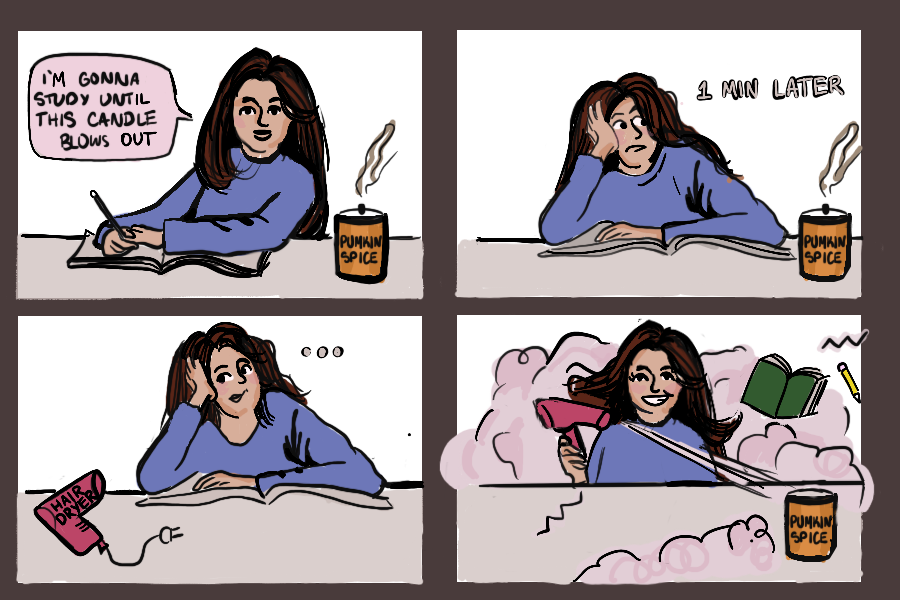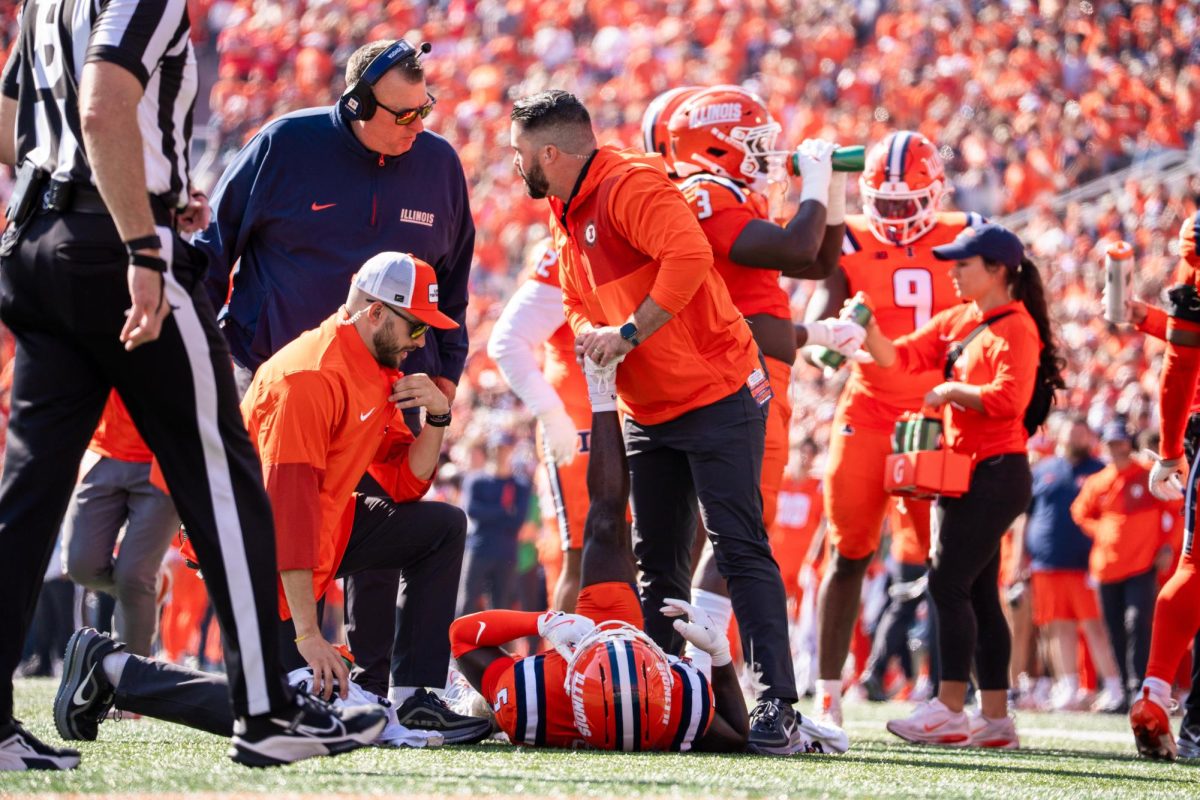A recent study has shown that binge drinking may be more detrimental to teens than to adults because the human brain is still developing throughout the teen years. The consequences may also differ for men and women.
The goal of a collaborative research study between Janice Juraska and Joshua Gulley, both UI professors of psychology, is to understand the neurophysiological and behavioral effects of adolescent binge drinking, and what role sex hormones play in the process.
“The brain is reorganizing during adolescence,” Juraska said. “But what we’ve found is that it’s even more radical than a lot of people thought.”
When teens participate in binge drinking, it may interfere with brain development, although the details are still largely unknown.
Juraska and Gulley have figured out one piece of the puzzle in regards to the role sex hormones play.
Get The Daily Illini in your inbox!
“We gave a bunch of adolescent rats reasonably high doses of alcohol in a binge-like model, two days on, one day off,” Juraska said. “Then we let them grow up and we looked at their brains.”
More specifically, they looked at the prefrontal cortex, an area of the brain that is known to be important for decision making, controlling impulsivity and working memory, Gulley said.
“We also know that in adolescence the prefrontal cortex is very underdeveloped,” Gulley said. “People have really pointed to that brain region as one that might be especially vulnerable to experiences during adolescence, whatever those experiences might be.”
These experiences can include drug and alcohol abuse.
They euthanized the rats, took thin brain slices and stained the tissue to identify what types of cells were present. They then looked at the tissue under a microscope and determined the number of different brain cells (neurons and glial cells) present during adulthood in rats who had been exposed to alcohol during adolescence.
They found that the number of neuron cells was not affected by binge alcohol exposure, “however, there was a modification of glial cells, a loss of glial cells in males that we didn’t find in females,” Juraska said.
“Having fewer glial cells may make (the prefrontal cortex) more vulnerable to things that may happen later,” Juraska said. “It’s a more subtle process and (the consequences) might not show up immediately.”
As for what causes the differences between males and females, it likely has to do with the different hormones that are present during puberty.
“In humans and animals, it’s known that males and females differ in their responses to drugs,” said Luke Sherrill, a psychology graduate student who works with Gulley. “This is governed and somehow mediated by sex hormones, such as testosterone and estrogen.”
In another study, the sex organs of the rats were removed in a process known as a gonadectomy. This resulted in a “change in the sex-typical pattern of drinking,” Sherrill said.
“Whereas before usually females drank more than males, in our animals that underwent this surgery, that sex difference was diminished– males now were drinking greater quantities and females were drinking less.”
These findings support the idea that “sex hormones during adolescence influence drinking behavior in adulthood,” Sherrill said.
Exactly what the hormones are doing is still unclear, but this is one of the goals of future studies.
“One of my interests is whether estrogen actually protects the brain to some degree, because there are a lot of situations in which it does,” Juraska said.
The presence of estrogen in females might be one of the reasons why females didn’t have a loss in glial cells while the males did, Juraska said.
It may also explain why gonadectomized females exposed to alcohol during adolescence showed increased consumption of alcohol in adulthood while normal females did not.
Juraska said she expects these studies to “make it clear why we want to limit alcohol for adolescents.”
Additionally, Juraska said this research may pave the way for therapeutic treatments to help people suffering the long-term consequences of adolescent alcohol exposure.
Several UI students said teens aren’t thinking about long-term consequences when they binge drink.
“I think teens are wreckless and they just want fun, the idea of doing something illegal is what drives them,” said Adrianna Jang, senior in LAS. “Obviously it’s just when they’re in the moment and they’re not thinking ahead.”
Kathleen Conlisk, sophomore in AHS, said that college students don’t think about the consequences since it’s a college norm.
“Have you ever heard people say, ‘It’s not alcoholism until you graduate?’ That’s people’s view on drinking,” said Conlisk. “I’ve heard that so many times, like as long as you’re a student you can drink as much as you want, and it’s not considered alcoholism until you actually have a job and stuff.”
Jang said she thinks teens would be less likely to drink, “if they knew the health and science behind it, as well as if they hear personal stories from people (who suffered from alcoholism).”
But even if teens were to be informed of potential negative consequences, Conlisk said she doesn’t think it would sway their decision to binge.
“Almost all my friends’ dads were alcoholics at some point, but (my friends) still go out and drink,” Conlisk said. “Some people say that it could be genetic or environmental or both, but they don’t really think about it as much, and they just go out and they’ll still drink.”
It seems that teens just don’t think what they are doing can harm them later on in life, said Dan Abbott, recent LAS grad.
“Drinking and smoking have a lot in common that way — people don’t see the long-term effects it has on them immediately so they can easily ignore it,” he said.
Given their findings thus far, Juraska said she would advise young adults to stay away from alcohol.
“It’s not like I’m a teetotaler who is against drinking,” Juraska said.
“It’s just that these are kind of sobering things to realize that the adolescent brain is a whole lot more vulnerable than everybody thought.”





